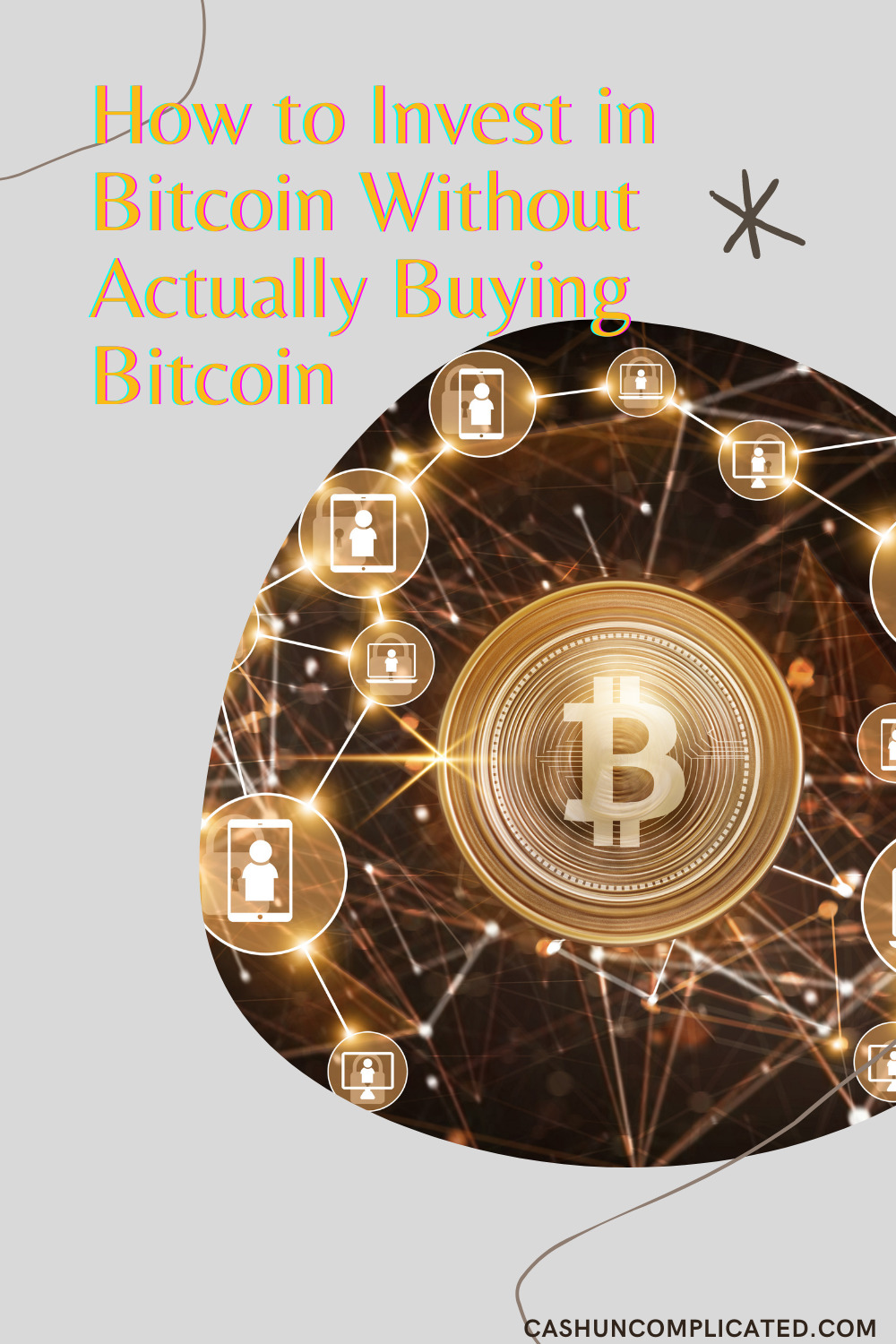There are many people, especially in the FIRE community, in a rush to achieve financial independence. Speaking for myself, I’ve acted with urgency to reach financial independence but don’t feel like I’ve been rushing it.
Anyways, this got me thinking about the rush to financial independence and whether it’s worth it.
What is Financial Independence?
Before we get going, let’s give a brief definition of financial independence. Basically, it’s when your passive income exceeds your expenses. Here are a few examples:
Sally’s monthly expenses are $5,500. She generates $4,000 from her stock portfolio and $2,000 from a pension for a total of $6,000.
Thomas needs $4,800 per month for basic expenses and entertainment. His rental property portfolio generates $4,000 per month in cash flow and he collects $1,500 per month in social security.
Both Thomas and Sally’s passive income exceeds their monthly living costs so they would be considered financially independent. However, they are not way over their living expenses, which would make many uncomfortable. But they are meeting their expenses and a little more.
Is Financial Independence the Same as FIRE?
FIRE stands for “Financial Independence Retire Early” whereas financial independence doesn’t need to have the component of early or retirement. In other words, everyone who has reached FIRE is financially independent, but not all financially independent people have to be FIRE.
Someone can reach financial independence at any age, although most people reach it later in their lives because enough time has gone by for compounding to take place.
Is it Hard to Reach Financial Independence?
Depends on who you ask here. I personally think it’s challenging to reach financial independence, but it’s not necessarily hard. Once you have an income and a plan, it’s really only a matter of time until reaching financial independence.
Those with a high income/successful business have the ability to reach financial independence much quicker than those with a lower income.
And those who don’t need a lot of money to live on will reach financial independence much quicker than people who require a high income.
The most dynamic combination is those with a high income and low cost of living.
Should You Rush Financial Independence?
The meat of this post is going to address the question of whether you should rush financial independence. Here are multiple factors to consider.
Number 1: Why Am I Rushing?
This is a question only you can answer. There are many personal reasons for someone to rush financial independence, such as:
- Health conditions that may limit the number of working years
- Wanting to travel or live somewhere else at an earlier age
- Just wanting to get out of the rat race
So you have to decide why you’re rushing, and if it’s worth it to rush. You may decide that it is worth it, or that it’s not and you can slow down a little bit.
Number 2: Is My Current Situation Unsatisfactory?
Is there something wrong with my current situation? This can come in a variety of forms:
- A high pressure job you don’t like
- Feelings of perpetually being in the “rat race”
- Stress around monthly income, debt, etc.
If your current situation is unsatisfactory, you probably have some reasons to rush towards financial independence. I also would encourage anyone feeling this way to seek alternatives.
In a situation where you don’t like your high-pressure job, could you find another job or career?
If you feel like you’re in the “rat race”, could you sell your expensive house and convert some of the proceeds to a less expensive house and a couple rental properties or paper assets?
There are many ways to get out of an unsatisfactory situation–rushing towards early financial independence is just one of the solutions.
Number 3: What’s My Plan After Financial Independence?
I liken the pursuit of financial independence to playing a game. You know the rules of the game–reach financial independence as quickly as possible. A high savings rate, frugal living, investing, etc. are all ways to win this game.
It’s comfortable playing this game because you know most of the rules and how to win the game. What about when the game is over though and you’ve reached financial independence?
What is your plan and how are you going to play (and win) this new game?
That’s why it’s so important to have a plan for after you’ve reached the goal. There’s no purpose to rushing and rushing, only to find that when you get there, you’re not sure of what to do. Whereas if you have a plan, it can make the journey well worth it.
One of the principles in Stephen Covey’s book The 7 Habits of Highly Effective People is having an end in mind. So make sure to have an end in mind for after you’re reached financial independence.
Number 4: What Am I Giving Up By Rushing?
Everything comes with a price. Going to the gym and getting healthy means time away from your family. Going to work to earn a living is time away from recreational activities. Spending time cooking a healthy meal is time away from producing at work or pursuing a side hustle.
Even though these are activities most people would say are healthy and positive, there is still a cost. Same thing with rushing to financial independence. There are costs to it like:
- Spending extra time on a business you started
- Missing out on certain experiences because you’re investing as much money as you can
- Having to say no to certain things that your friends are doing
These are things I’ve thought about a lot. What I ultimately decided is I’m going to do certain things now at the expense of not reaching complete financial independence as quickly. To me it’s worth it.
For you, you’ll have to decide what your own sweet spot is and make decisions from there.
Number 5: Am I Calculating the Numbers Right?
Let’s use a hypothetical scenario to illustrate a point. Mary is a successful 24-year old with a goal of early financial independence.
She is currently making $110,000 after taxes, investing 60 percent of her income. She currently lives on $44,000 per year.
She thinks that she can comfortably live on between $40,000 and $50,000 per year for the next several years (20 or more). She calculates that in 10 years she’ll be financially independent and can stop working.
Mary is in a great position. She’s young, started investing early, and has lofty goals. Here’s the blind spot though.
She’s assuming that her current lifestyle needs will stay the same for an extended period of time. However, there are multiple variables, such as:
- If she intentionally decides to inflate her lifestyle (nicer car and living situation, more travel, staying in better hotels, etc)
- She has kids or needs to support an aging family member
- Unexpected and major change to the economy that wipes out more than half of her net worth
There’s a lot that can happen in a few years. As Nassim Talib writes about in The Black Swan, there are events you just can’t predict, but have historically occurred over the ages. There’s also just changing and evolving, which often includes your financial needs.
So in any personal finance decision, there will be a question about whether you’re calculating the numbers right.
Conclusion
I don’t think too many people would argue that early financial independence isn’t a good thing. It can open new doors, create the ability to do what you want, when you want, give you options other people don’t have, etc.
However, rushing towards early financial independence comes with its share of issues. It’s not all cotton candy and ice cream. There are sacrifices and things you can miss out on.
So if you’re one of those people rushing towards financial independence (don’t worry, I’ve done it too), think about some of the questions posed in this blog. It might be something you still want to pursue, or maybe you’ll want to slow down a bit.
Have you rushed towards early financial independence? Has your opinion changed over the years?












